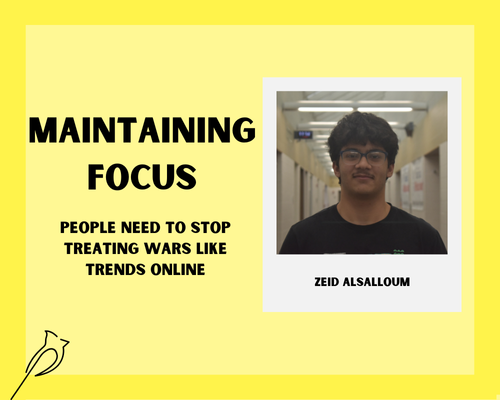Not any less
Gender roles do not define a person
Throughout American history, pink was labeled as a feminine color and blue as a masculine color. This separation led to sexism and prejudice. Society tends to create gender roles in almost anything, whether it is about clothes, careers or the way children are raised.
For example, a man wearing pink is deemed as unattractively feminine. The same goes for women who are more masculine making their traits considered “turn offs.”
Though this generation is more understanding than the older ones, there are still many people who have narrow minded views on gender roles.
Men are unable to enjoy simple hobbies such as knitting or cooking because women are typically known to participate in those activities. Or they have the idea that dressing a certain way makes them “less of a man.”
Even using skin care products and having good hygiene is something that many men still debate about to this day. There are some people who believe that using a face mask makes someone less manly, which is reinforced by what men see on social media platforms such as TikTok.
Still, that should not stop anyone from taking care of themselves and staying clean. A color doesn’t define your gender identity, nor does clothing. It is simply a form of expression.
This stigma has been rooted deep in society all around the world, not just in the U.S. Women are not also not left unscathed, especially when it comes to being too “masculine.”
If a woman is too tall or has muscles, they are considered to be undesirable or are insulted as being more of a man than a woman. Activities such as going to the gym and playing video games have been labeled as things to do for “boys.” Simple pleasures such as playing a game results in women being cursed at and made fun of.
The world’s old views and practices on how a man or woman should act or dress is detrimental to one’s self esteem and identity. In order for the human population to grow in a happy and understanding environment where they can express themselves freely, there needs to be change.
Raising awareness of this topic by having discussions, especially with children, can help them grow conscious of their surroundings. For adults, continuing to do what they enjoy despite the criticism they may get, can be inspiration for someone else and themselves.

Hallo alle! My name is December Tling and this is my third year on The Journal. I am still the Culture Editor, and I am also in charge of promotions. It’s...







